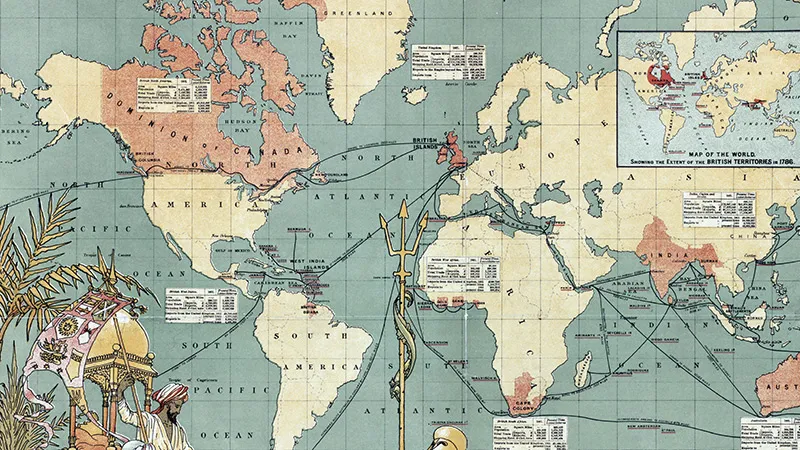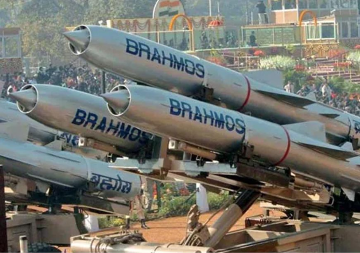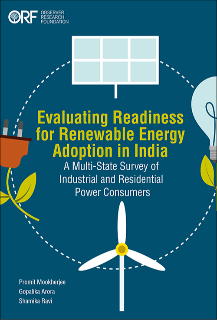Now that the United Kingdom has voted itself out of the European Union it is as good a reason as any to celebrate and uncork the champagne. Sure, our financial stability is at stake, but for people like us with a few thousands in mutual funds likely to be lost, it really is no big deal. Besides, Finance Minister Arun Jaitley, would probably have come up with another of his schemes to take it away anyway.
Revenge, they say, is a dish best served cold and nothing could be colder than waiting seven decades since independence. At the time of their retreat from their “jewel in the crown”, the British ensured that they convinced Muhammad Ali Jinnah that the Muslims were at great risk in undivided India, and only the establishment of a separate state would save them from rampaging Hindu mobs.
They, of course, forgot to let him know the reasons for their keenness in the matter, which was brought to light in N. S. Sarila’s wonderful tome, The Shadow of the Great Game: The Untold Story of India’s Partition.
As Sarila points out there is incontrovertible documentary evidence that this division was created as the British leadership believed that a Indian National Congress Government in an undivided India would never accede to British requests for military bases to control their other assets in the region. British ambition for a footprint in the sub-continent was met by the formation of Pakistan and its subsequent membership to the South East Asia Treaty Organisation and the Central Treaty Organisation.
That this experiment did not turn out well and has adversely impacted their own security at the present time is not of any great import to the subject at hand, except of course to put the fear of God in the British against further immigration.
To the horrendous consequences of Partition we must also add the horror of two hundred years of colonisation. As author and blogger Shovon Chowdhury put it in a recent article, India was a thriving, growing, truly globalised economy before the British came and turned it into a slave economy. This ensured that from a 25 percent share of world GDP in 1700, India was reduced to a paltry five percent by 1950.
Other than the loot, governance too was not really the forte of the British, despite whatever we may been led to believe. In Chowdhury’s words, “During British rule, there were widespread famines in 1769, 1782, 1791, 1837, 1860, 1865, 1868, 1873, 1876, 1888, 1896, 1899, 1905, and 1943. An estimated 55 to 60 million Indians died in these famines. If mass murder were a sport, this would be a bigger score than Hitler, Stalin, and Pol Pot put together.”
To this, we may add another 10 million Hindus and Muslims, who were either killed, maimed or displaced for rebelling against the British in the First War of Independence, over the subsequent decade, as historian Amresh Misra has suggested in his seminal work The War of Civilizations: India AD1857, The Road to Delhi and the Long Revolution.
Now that Brexit is here, it is but just a matter of time before Scotland follows suit and leaves the United Kingdom. Scotland’s First Minister, Ms. Nicola Sturgeon, has already made this clear, moments after the final results were known, based on the fact that Scotland voted overwhelmingly, 68 percent to 32 percent, to stay in the European Union.
Once Scotland goes, can Northern Ireland be far behind? The Provisional Irish Republican Army had long expressed such a desire and fought long and hard to integrate with the Republic of Ireland. That effort was subsumed by the peace accords of the 1990s, but Northern Ireland Deputy First Minister Martin McGuinness has called for a border poll on a united Ireland, following the majority vote for remaining in the EU at 56 percent to 44 percent.
If all goes according to plan, the UK will be reduced to a rump of its present size with a 45 percent loss of total land area and a 10 percent reduction in its population. Its economic situation will also be badly hit with the loss of its offshore oil rigs to Scotland. Also, the UK will find itself being governed by the likes of Nigel Farage with his extreme views and racist agenda.
As the enormity of Brexit sinks in, politicians who led the Leave campaign are already reneging on some of their promises, as they realise they no longer have the option of hiding behind the fig leaf of the false statistics they had used to bolster their campaign.
It is just a matter of time before the people realise that referendums are not the way to go when making serious choices that impact the very way you live. Also, while we are still looking at this exit business, we should consider exiting from that defunct organisation meant to boost English egos, the Commonwealth.
This commentary originally appeared in The Pioneer.
The views expressed above belong to the author(s). ORF research and analyses now available on Telegram! Click here to access our curated content — blogs, longforms and interviews.




 PREV
PREV


